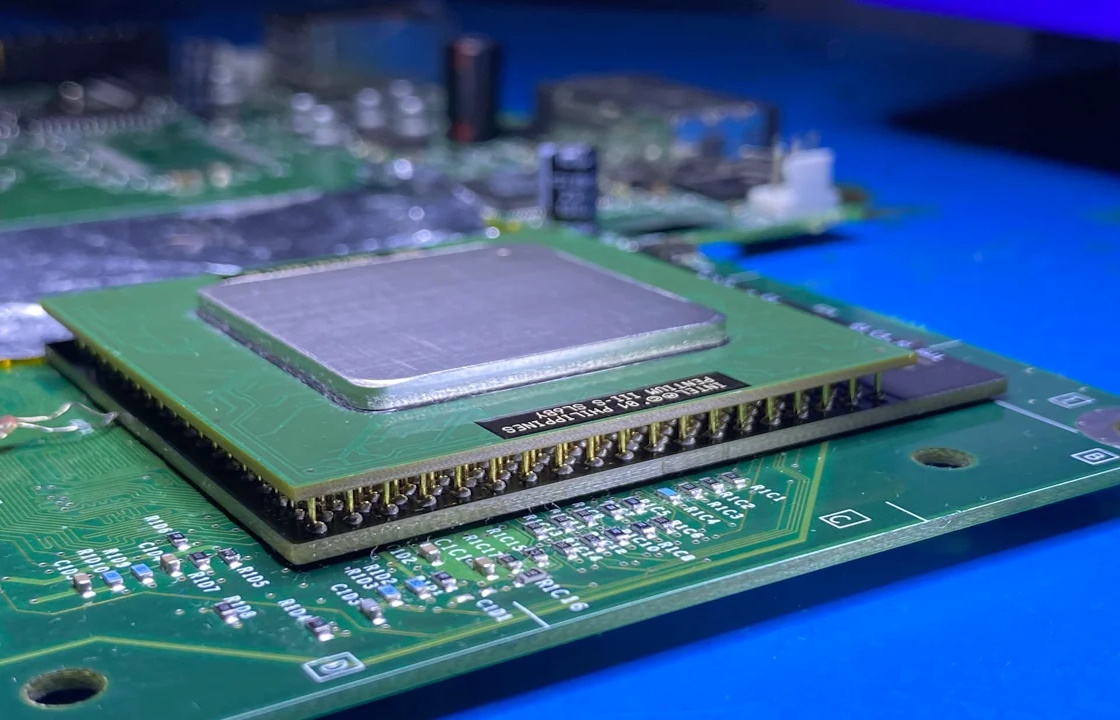In Praise of the Disassembler
I've read enough of your columns to see that one of your frequent themes is that source code is meant to be read by people, including one's future selves, and that how that code is processed by an interpreter such as Python or a compiler is less important than making the code clear to the next reader. You seem to be saying that our tools will work out what we mean and that we should treat the interpreter or compiler as a black box that magically turns our source into running code. I feel you're ignoring an important part of understanding software, which is what happens when your compiled code executes on a machine—after all, no computer executes C, C++, or Rust directly; they're running a compiled binary. What happens when you have a bug that appears in the binary only because of a mistake by the compiler, linker, assembler, or other part of the tool chain, which must occur from time to time. What then?
Indeed, there have been many people and many movements within the software industry over the past 50 years that have shifted developers and development further away from machine code and assembly language—and not without good reasons. The abstractions of higher-level languages over the admittedly brief history of computing have allowed the explosion of software and services that nonprogrammers take for granted every day. Those of us who often work down in the bowels of technology know that these abstractions, and the movement of developers away from the machine, come with costs.














